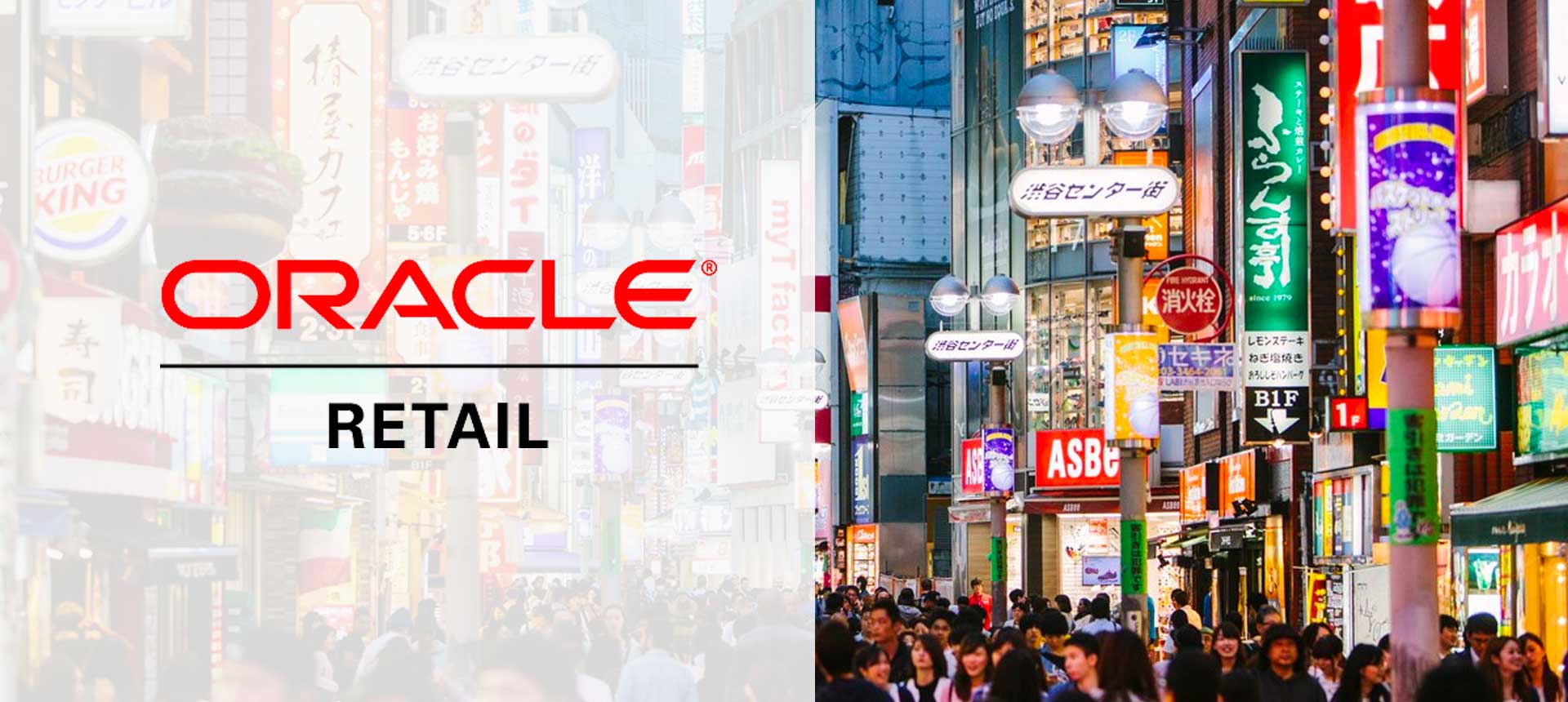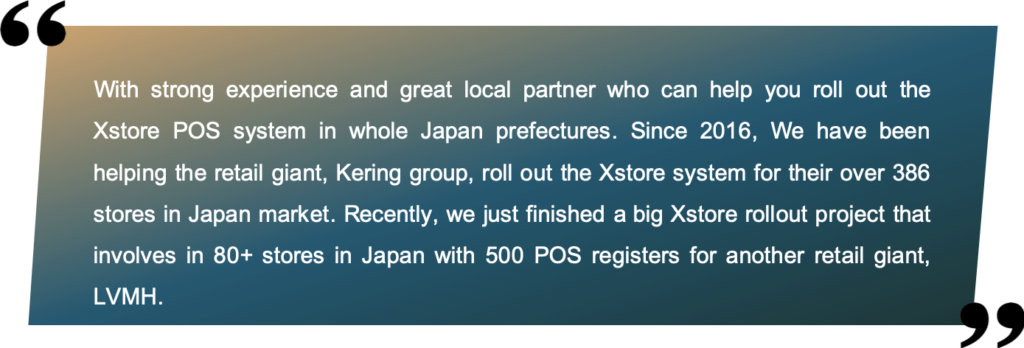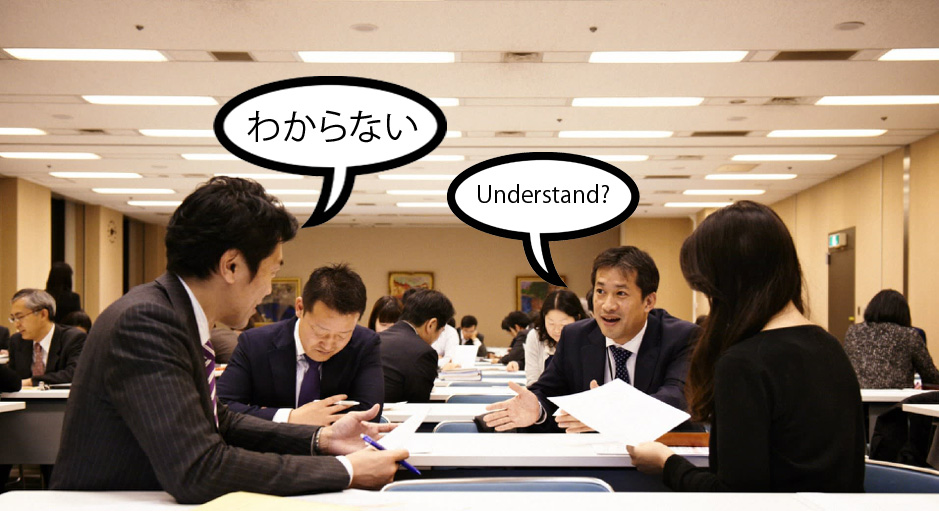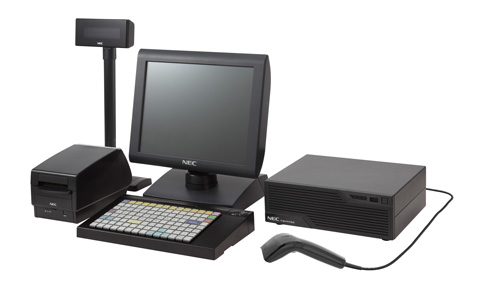
Oracle Xstore POS is famous for its robust point-of-service functionality and platform enables retail staff to deliver on the brand promise in store with inventory visibility, omnichannel, customer intelligence, and seamless transactions.
At this moment, we believe that Oracle Xstore POS is one of the best and trendy POS system in the world, being widely applied by various retailer giants (Kering, LVMH, etc.) not just because of its incredible accessibility and easy-to-use, but also because of its solid functionality that will truly improve your overall workflow and efficiency.
Perhaps, your company is one of those visionaries, already using Oracle Xstore POS to operate your retail business in certain markets such as Europe, US, etc., and now is planning to deploy this powerful solution to your business in Japan.
Japan is special. It is a leading innovation powerhouse that has brewed many recent global technology revolutions, boasting a highly attractive business and living environment within one of the world’s largest economies. But also, Japan is complicated. From our point of view, it’s definitely one of the most challenged countries to carry out an Xstore rollout project. We’ve committed some mistakes before and we’ve seen others make mistakes there.
So to help you better prepare your rollout project, we are here to share with you “5 Common Mistakes When Roll Out Oracle Xstore POS in Japan”, hope you can be inspired and learn from those mistakes.
1. Wrongly selecting the partner

Many retailers are pulled to Japan’s shores because of its developed consumer-based and hope to deploy the powerful Oracle Xstore POS for their business there, further boosting their retail operation efficiency.
But to roll out a new system in such a difficult country like Japan, wrongly selecting the partner can jeopardize the whole project and you can kiss goodbye to the smooth running of an overseas venture. Here are some common reasons that make people hard to identify the right rollout partner for Japan market:
- Don’t realize the huge cultural gap
Japanese culture is exclusive and greatly different from other cultures in the world so knowing how to deal with the Japanese people is the priority consideration when you’re selecting partners for the Xstore rollout in Japan, minimizing the huge cultural gap. The cultural gap can be indicated in various aspects, such as the communication style, decision-making process, work environment, etc.
- Weak bilanguage capability
Because of the unique communication style of Japanese, even though you know both English and Japanese, you can’t just directly translate the language without any deeper interpretation, which often will create lots of misunderstanding during the communication process. Therefore, a qualified partner should also be a real bilanguage expert, meaning not only expert in the language aspect, but also expert in the culture aspect.
- Lack of retail knowledge and expertise
One of the biggest problems of the local vendors is that they are mainly specialized in ICT services but have no retail knowledge and expertise. And retailers that choose to work with local vendors don’t really value the importance of retail knowledge. However, if your rollout partners have insufficient retail knowledge and expertise, they won’t be able to decide the priority during the project, they won’t be able to smoothly communicate with the store managers, and you won’t be able to insightfully understand the real power of the Oracle Xstore POS.
- Ignore the POS software related knowledge
POS local vendors are more specialized on hardware (NEC, Futjisu, etc.) but less on POS software such as Oracle Xstore, which is one of the major problems of the POS local vendors. Lacking of solid POS knowledge actually can be harmful when you’re carrying out a POS system rollout project, because POS system rollout is not just about the installation, it involves in the training, support, customization, people management, etc., only if you comprehensively know the system, you can have the most efficient decision-making process and make the most optimized decision for the rollout project.

2. Terrible communication

Effective communication is a vital tool for the system rollout project, which can help to foster a good working relationship between you and your partner. However, a major issue we faced during one of our Xstore rollout projects in Japan before is the communication and there are several reasons for causing it.
- Hard to find local partners who can understand Retail and speak English
A good communication process is not just about the language, but also about the industrial knowledge. However, it’s difficult to find a partner locally that can have both English language ability and retail experience.
- The “Japanese communication code” is fully followed by the team
Not only do the Japanese tend to be indirect, their communication style also tends to be vague. Instructions or feedback may be conveyed very nonspecifically, leaving non-Japanese to wonder what the real meaning is. Or, in some cases, nothing may be said at all, with the expectation being that you’ll somehow figure it out.
- Lack of a good leader with the bilanguage capability
The team leader is the key to connect the retailers and rollout vendor during the Xstore rollout project. But a qualified team leader who can communicate fluently in both English and Japanese is hard to find locally. Without this key role, the overall efficiency of the rollout process can be severely affected.
- Slow response time for communication flows
Variety of reasons causing the slow response time for communication flow. Except for the above factors, also it might be because of the Japanese work style that strong detail-oriented can take lots of time. You definitely shouldn’t ignore the slow response time issue since it probably can be the main factor that can’t let you finish all system rollout on time.
- Lack of regular reporting
Regularly reporting the progress is crucial, which allows you and your team to track the current progress of the project against the original plan and also increases the amount of visibility into your projects, giving you full insight into how the project is performing. Some key items to track include tasks, issues, risks, schedule, and overall project health.

3. Lack of a detail procedure

In many cases, drastic changes in working style and management methods would be necessary for a successful Xstore rollout project in Japan. But from what’ve seen is that many companies are ill-prepared and facing lots of challenges during the procedure because of the lack of detail-oriented procedure and documentation.
To roll out a new system for the Japan market, it’s certainly inevitable to work with various local people. But if you want to have a smooth working relationship with Japanese, you need to understand the importance of preparing the procedure in detail and with step-by-step, which is the foundation for a rollout project to succeed in Japan. For instance, if you need 10 pages documentation for China rollout, you might be required 30-40 pages document for Japan rollout and 80 pages in bilingual procedure.
The Japanese pursuit of perfection means that tremendous energy may be devoted to relatively detail aspects of the work, which can be time-consuming and lead to extra work. But this is also something you need to respect when you’re working with Japanese people. We’re talking about spending an enormous amount of energy on planning, detailed information gathering and analysis, putting emphasis on the process, including attention to small details. This is how to lead to high levels of quality and a disciplined, organized approach.
Lots of companies mistakenly consider Japan just another regular APAC country, expecting to have a smooth rollout solely with “common sense” kind of mind but not a detail-oriented kind. This is why we frequently see many companies fail in Japan.

4. Miscalculated the Hardware lead-time

When you decide to apply the Oracle Xstore POS for your business, you should know that Xstore POS, in most of the time, is not compatible with all hardware in the market. You can’t just use your existing hardware, or randomly purchase a set of hardware, and expect it’s able to run the Xstore smoothly. Therefore, Hardware preparation is important to a rollout project in Japan.
However, the hardware delivery lead time in Japan is very long compared to other countries in APAC
The logistics there can be greatly affected by several factors, such as insufficient infrastructure, fragmented fulfillment landscapes, local logistic-related regulations, etc. So it’s absolutely necessary to make anticipation and planification if you decide to purchase hardware in Japan for your system rollout project.
A solid procurement plan can help you avoid lots of problems. For example, you can accurately estimate the time required to complete the hardware preparation, which is valuable information as it serves to confirm if the requirement can be fulfilled within the period expected by the requesting entity. Also, the procurement plan provides an organized means whereby time and money are saved, which is especially crucial to such a country like Japan where greatly value efficiency and quality.

5. Underestimate the budget in Japan

We underestimated the budget for the Oracle Xstore rollout in Japan, which is a silly mistake we’ve made before. In fact, the labor cost is expensive in Japan and Let’s share with you some basic information regarding the labor cost in Japan.
The personnel expenses at Japan’s large corporations and smaller businesses have grown to their highest level in 10 years because of a deepening shortage of workers. The costs once came to 44.26 trillion yen, a level not seen since 2008, according to Finance Ministry survey. The cost per person – calculated by dividing the total labor costs by the number of employees and executives — has also surged to the highest in more than 16 years.
Regarding the Xstore rollout, there are two main aspects that will specifically affect the overall budget of Xstore rollout in Japan. For one thing, it’s the Over-Time cost for work after store closing. As we all know that system installation for a retail store normally takes place after the store closing so the installation won’t affect the store’s daily operation and revenue. However, asking staff to stay to work in the night-time is considered overtime work, which requires the company to pay them overtime pay. Normally, it’s an additional payment to the hourly base salary applies, which the “Night-time” overwork requires an additional 50%.
For another, the travel and expense (T&E) fees is another big part of the rollout budget in Japan. A large-scale system rollout in a country usually will cover many cities so the travel expense for the rollout team is inevitable. Japan has a reputation for its high living costs, the T&E fees can be considerably high because of the expensive accommodation, expensive flight tickets, expensive foods, etc.

About RCI Global Services

RCI is a global leader in Retail professional services and Omnichannel experts. Within consulting and professional services, RCI works with large enterprises on their Retail Management System, POS, CRM, OMS, e-commerce, mobile payment solutions, and operational challenges. Consulting and Expertise helps clients protect their businesses, improve performance and enable change. We are recognized for “delivering quality value” to our clients in different service areas and have extensive experience in providing these services.
Within the Asia Pacific Area, RCI is one of the fastest-growing professional services organizations, specialized in Retail Technology and Omnichannel. At RCI, we are committed to building a better working world – with increased trust and confidence in business, sustainable growth, development of talent in all its forms, and greater collaboration.
All trademarks and trade names mentioned herein are the properties of their respective holders and hereby acknowledged.
Contact: RCI Global Services
contact@rciapac.com
+852 2351-0371
